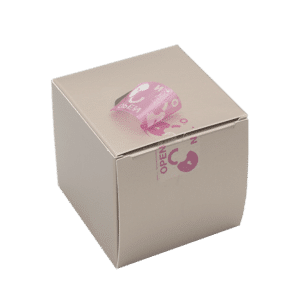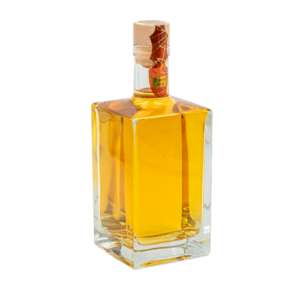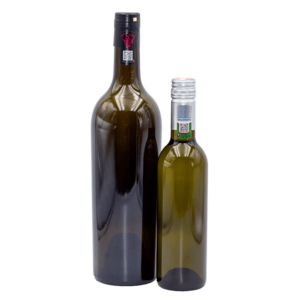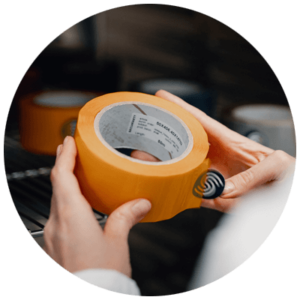(Source: Foodsafetynews.com)
The prevalence of counterfeit alcoholic spirits is alarmingly high, with estimates suggesting that 25 to 40 percent of spirits consumed worldwide are fake, as reported by the Journal of the American Society of Brewing Chemists. This issue not only poses a significant economic impact but also a grave public health risk.
Counterfeit Vodka found in Scotland
A recent incident in Scotland underscores the dangers associated with counterfeit spirits. Food Standards Scotland and local authorities discovered 40 bottles of counterfeit vodka in Coatbridge, fraudulently labeled as a popular brand. The bottles were identified after complaints about the vodka smelling like nail varnish remover. Such incidents highlight the risks of unknown ingredients and potentially lethal adulterants in counterfeit alcohol.
This year, the European Anti-Fraud Office (OLAF) intervened in a vast smuggling operation that attempted to distribute counterfeit spirits across the EU. The operation was sophisticated, involving fake versions of premium vodka and whisky intended for the EU market, and was disrupted before causing further harm.
Crackdown on Counterfeit Alcohol
The counterfeit alcohol problem is extensive, affecting countless consumers with the potential for serious health consequences. Authorities are calling for increased vigilance and stricter regulations to combat this illicit trade. Consumers are urged to be cautious and report any suspected counterfeit products to local health officials or food crime units to help protect public health and safety.






























